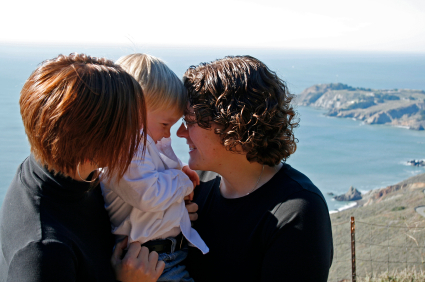The HPV Vaccine, which guards against Human Papilloma Virus, has been available since June, 2006. Few side effects have been…
Read More
How Men’s Attitudes About Sex, Affection and Their Bodies Affect Their Health
Men, affection, and sex. The subject could fill volumes, if only they would talk about it – openly and honestly….
Read More
Are Being Pro-Choice and Embracing Religion Mutually Exclusive?
The noise is deafening. Anti-abortion rallies are often appropriated by conservative religious groups who claim to have a direct line…
Read More
Re-Defining Family in Our Society
‘The bond that links your true family is not one of blood, but of respect and joy in each other’s…
Read More
Why Take Care of Your Reproductive Health?
Regular reproductive health care checkups save lives. A yearly exam can yield valuable information about your reproductive health, and includes…
Read More
- 1
- 2
- 3
- 4
- Next Page »



